The Impact of Thumb Sucking on Children’s Teeth: What Parents Should Know
- 1. Understanding Thumb Sucking and Its Prevalence in Children
- 2. The Effects of Thumb Sucking on Children’s Teeth
- 3. How Timing and Duration Affect the Severity of the Impact
- 4. Long-Term Consequences of Prolonged Thumb Sucking
- 5. How to Help Your Child Stop Thumb Sucking
1. Understanding Thumb Sucking and Its Prevalence in Children
Thumb sucking is a common behavior in infants and young children, often seen as a natural and soothing habit. Many children engage in thumb sucking from birth, and for most, it becomes less frequent as they grow older. However, it can sometimes persist beyond the toddler years, leading to concerns from parents and pediatricians alike. Understanding when thumb sucking is typical and when it might require intervention is important for any parent. While thumb sucking may seem harmless, it can have a significant impact on a child’s dental health, particularly if it continues for too long.
2. The Effects of Thumb Sucking on Children’s Teeth
The impact of thumb sucking on children’s teeth can be quite profound. For children who continue the habit beyond the age of 4 or 5, it can lead to dental issues such as open bite, misaligned teeth, and changes in the roof of the mouth. An open bite occurs when the top and bottom teeth don’t align properly, which can affect a child’s ability to chew, speak, and swallow normally. In severe cases, thumb sucking can also affect the alignment of the jaw, leading to additional orthodontic challenges later in life. The forces from thumb sucking exert pressure on the teeth and jaw, disrupting the natural alignment process during a critical period of dental development.
3. How Timing and Duration Affect the Severity of the Impact
The longer a child engages in thumb sucking, the greater the likelihood of dental problems. Thumb sucking typically becomes less of a concern when it stops by age 4. However, if the habit continues beyond the age of 4, the risk of long-term dental damage increases. Prolonged thumb sucking can cause teeth to shift out of place, requiring orthodontic treatment to correct. The severity of the impact also depends on how often and how forcefully the child sucks their thumb. In some cases, children who suck their thumbs very aggressively can experience more pronounced dental issues. The timing and duration of thumb sucking play a significant role in determining whether the effects will be minor or require professional intervention.
4. Long-Term Consequences of Prolonged Thumb Sucking
If thumb sucking persists into the later years of childhood, it can have lasting consequences on dental health. Beyond the immediate effects of misaligned teeth and jaw, children who continue thumb sucking may also be at risk for speech difficulties, as improper alignment of teeth can impact the formation of sounds. Additionally, thumb sucking can lead to issues with the roof of the mouth, causing it to become abnormally high or narrow, which can affect the way a child breathes and eats. Over time, these issues can become more complex and require orthodontic treatment, such as braces, to correct. Early intervention to stop thumb sucking can help prevent these long-term consequences and set your child up for a healthier smile in the future.
5. How to Help Your Child Stop Thumb Sucking
While thumb sucking is a natural behavior, helping your child break the habit is important for their long-term dental health. Positive reinforcement can be an effective method, as it encourages your child to stop without resorting to punishment. You can reward them with small incentives or praise when they refrain from sucking their thumb. Another approach is to identify and address any triggers for thumb sucking, such as stress or boredom, and provide alternative coping strategies, such as a comforting toy or a soft blanket. If the habit persists, consulting a pediatric dentist can provide additional guidance. In some cases, dental appliances such as a thumb guard or a “thumb stopper” can be used to discourage the habit. With patience and the right strategies, most children can successfully stop thumb sucking and avoid long-term dental issues.

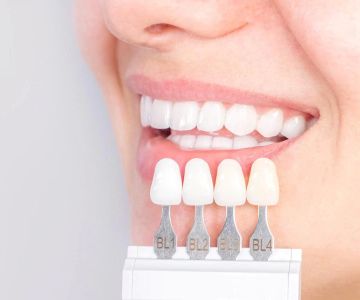

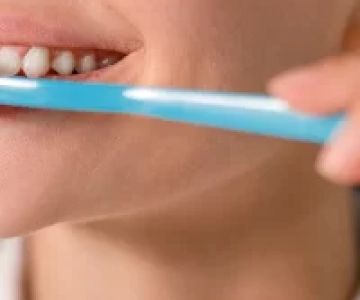
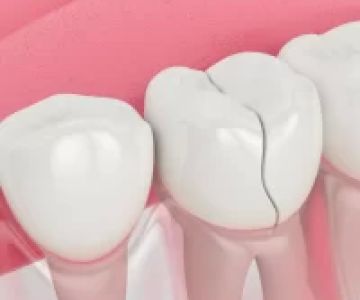
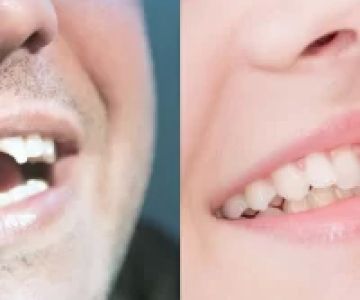
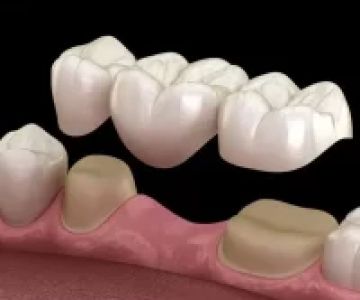
 Peach Tree Dental4.0 (330 review)
Peach Tree Dental4.0 (330 review) Rockstar White Teeth Whitening5.0 (5 review)
Rockstar White Teeth Whitening5.0 (5 review) Art & Science Family Dentistry5.0 (202 review)
Art & Science Family Dentistry5.0 (202 review) Circle Pines Dental: Dr. John Stentz5.0 (2 review)
Circle Pines Dental: Dr. John Stentz5.0 (2 review) BGW Dental Group4.0 (292 review)
BGW Dental Group4.0 (292 review) Pristine Dentistry: Akhtar Judy DDS4.0 (35 review)
Pristine Dentistry: Akhtar Judy DDS4.0 (35 review) The Importance of Oral Health Education During Pregnancy for a Healthy Pregnancy
The Importance of Oral Health Education During Pregnancy for a Healthy Pregnancy Best Tips for Brushing Your Teeth Properly for Healthy Gums: Essential Techniques for Oral Health
Best Tips for Brushing Your Teeth Properly for Healthy Gums: Essential Techniques for Oral Health Why Skipping Dental Checkups Can Lead to Bigger Oral Health Problems
Why Skipping Dental Checkups Can Lead to Bigger Oral Health Problems Advantages of Porcelain Dental Restorations
Advantages of Porcelain Dental Restorations How Can Diabetes Cause Tooth and Gum Problems? Preventing and Managing Oral Health Issues
How Can Diabetes Cause Tooth and Gum Problems? Preventing and Managing Oral Health Issues Healthy Habits for Promoting Good Oral Health and Hygiene: Tips for a Healthy Smile
Healthy Habits for Promoting Good Oral Health and Hygiene: Tips for a Healthy Smile